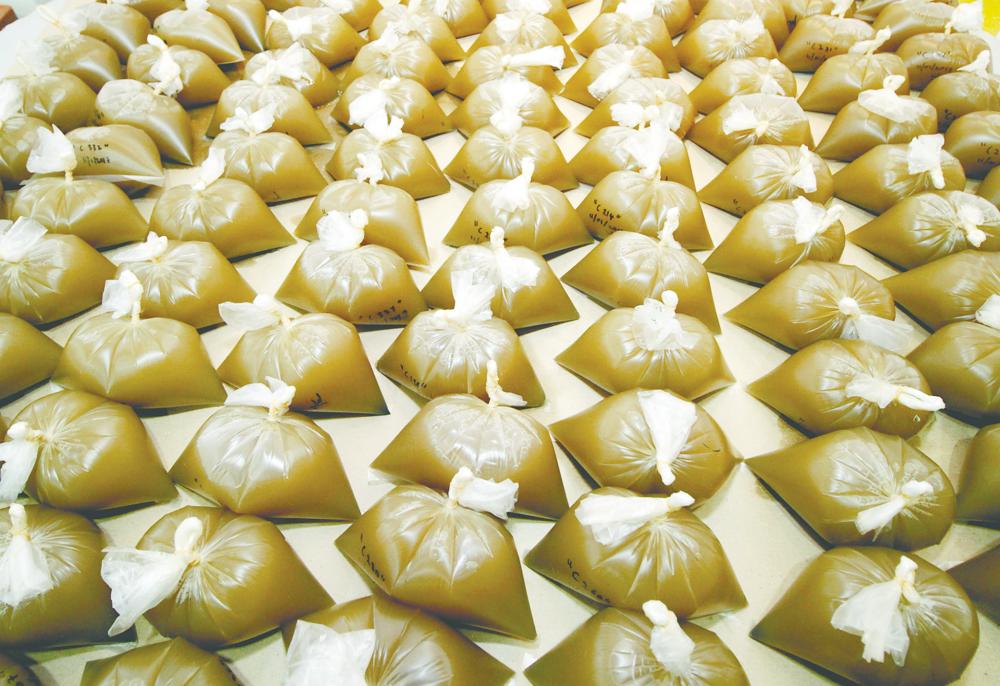PETALING JAYA: Ketum or kratom, which is a plant with a controversial reputation in Malaysia due to its intoxicating effect, holds significant medicinal potential, said Universiti Sains Malaysia Centre for Drug Research researcher Assoc Prof Dr Zurina Hassan.
She said ketum has therapeutic value, particularly in treating pain, aiding mental health and boosting energy levels.
“Ketum has been traditionally used for its analgesic (pain-relieving), antidepressant and anti-anxiety effects, and helps reduce fatigue.
“The plant contains mitragynine, a psychoactive compound that interacts with opioid receptors in the brain. At low doses, ketum acts as a stimulant, while at higher doses, it works as a sedative, similar to morphine.”
Zurina said ketum has long been used in rural communities as an energy booster to improve productivity. However, she warned that improper use can lead to harmful effects.
“Excessive use of ketum can lead to anorexia, depression, addiction and physical dependence.
“Anything that’s abused is dangerous, and ketum is no exception. But when used correctly, it is safe and could be integrated into medical practice.”
She said ketum has been used in replacement therapies to treat addiction to opioids and stimulants by easing withdrawal symptoms, and reducing reliance on more harmful substances. However, dosage control is essential.
Her colleague and senior lecturer, Assoc Prof Dr Darshan Singh Mahinder Singh, said media focus on misuse of ketum has overshadowed its benefits.
“The negative publicity over ketum is largely due to its association with drug abuse. This has led to calls for stricter regulations and has created fear, with some people perceiving ketum as just another illicit drug.
“Ketum is only risky when mixed with other substances to enhance its ‘euphoric’ effects. On its own, it is not harmful. The danger lies in misuse or combining it with other substances.”
Darshan called for more balanced media coverage and suggested that positive coverage on the benefits of ketum could help correct current misconceptions.
He also said the legal framework surrounding ketum is complex.
“While its use is regulated under the Poisons Act 1952, and recent amendments to the Drug Dependants (Treatment and Rehabilitation) Act 1985 allow its use to rehabilitate those dependent on drugs, the cultivation of the plant itself remains unregulated.
“Ketum cultivation is legal but distributing it is illegal. This loophole fuels abuse and worsens negative perceptions of the plant. Hence, better regulation is needed to prevent misuse and highlight its potential benefits.”
Darshan also stressed the importance of more research, public education and a comprehensive regulatory framework to harness its potential and minimise risk.
“Ketum should be regulated, not banned, as it has potential as a medical and harm reduction prescription for those addicted to more dangerous substances.
“Creating a task force to oversee ketum cultivation and prevent its illegal distribution, together with better regulation of farms, is crucial to ensure its responsible use.”
Darshan also suggested that ketum could be a valuable economic asset if exported. This will allow the plant to be used as medicine while generating income for farmers.
“Rural farmers, impacted by fluctuating commodity prices, could benefit from the sale of ketum.
“We should move beyond the controversy surrounding ketum and explore ways to regulate its cultivation and export.”
He said Malaysia could sell quality ketum leaves while simultaneously conducting research and development to create products for pain relief and to address opioid abuse.
On Aug 25, 2024, Kedah Agriculture, Plantation and Transportation Committee chairman Dzowahir Ab Ghani expressed hope that the federal government would approve the state’s proposal to legalise ketum exports.
Similarly, in April 2023, former health minister Khairy Jamaluddin suggested allowing the export of ketum to countries such as the US, which he said has a potential US$1 billion (approximately RM4.5 billion) ketum industry.









